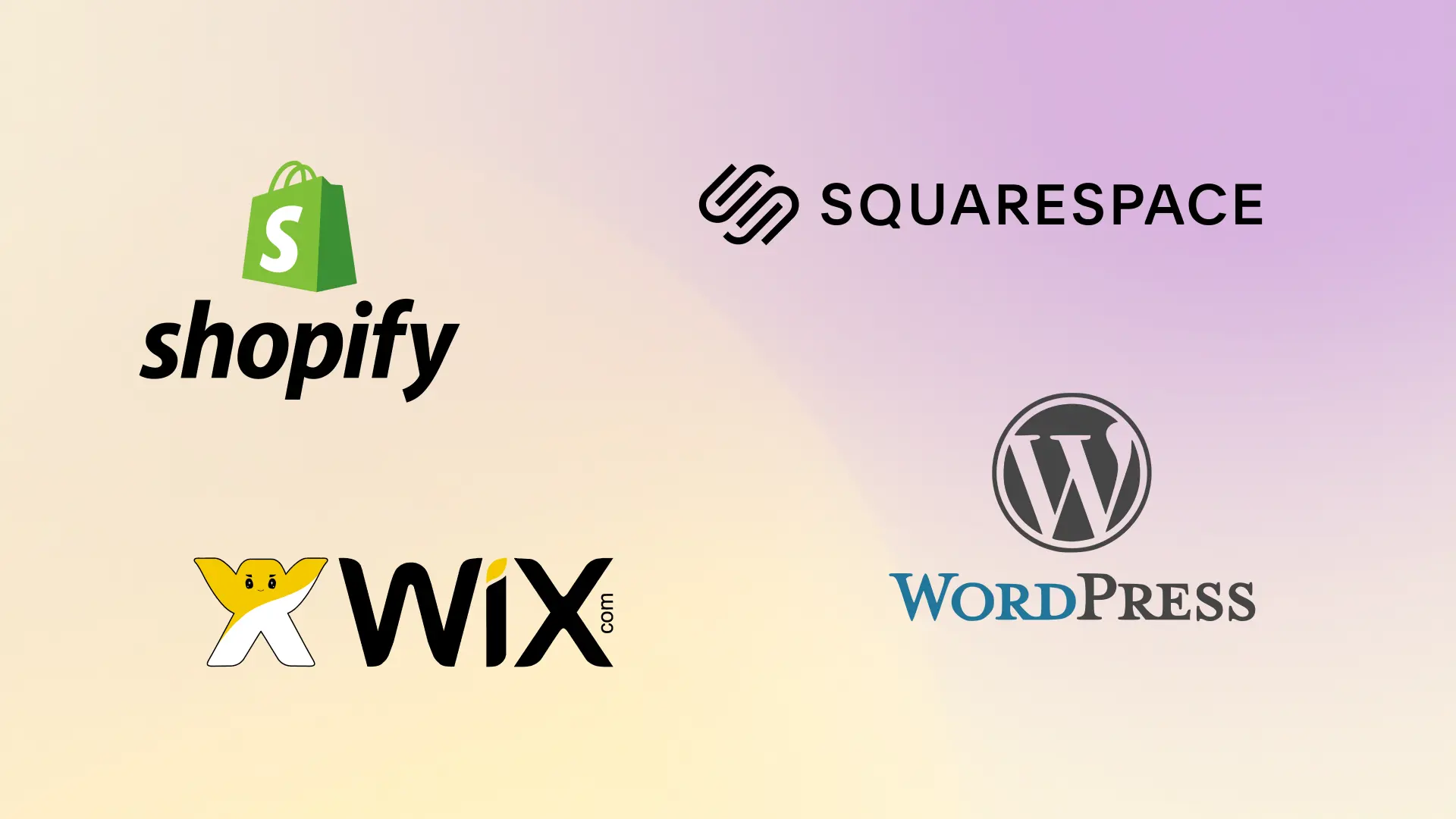Choosing the right website platform is one of the most important decisions you’ll make for your small business. Your website is often the first impression potential customers have of your brand — so it needs to look great, function well, and support your business goals. But with so many website builders and platforms available today, how do you know which one is the best fit for your unique needs?
In this post, I’ll break down the top website platforms for small businesses and creatives, comparing their features, ease of use, pricing, and flexibility to help you make an informed choice.
Why the Right Website Platform Matters
Your website platform is the foundation of your online presence. It affects everything from how your site looks and performs to how easy it is for you to update content or add new features. Choosing the wrong platform can lead to frustration, wasted time, and even lost customers.
Here are the key factors to consider when choosing a platform:
- Ease of Use: How comfortable are you with technology? Do you want a simple drag-and-drop builder or something more customizable?
- Design Flexibility: Can you create the look and feel you want without coding?
- E-commerce Capabilities: Do you plan to sell products or services online?
- SEO Features: How well does the platform support search engine optimization?
- Cost: What fits your budget now and as your business grows?
- Support & Community: Is help available when you need it?
Top Website Platforms for Small Businesses
Squarespace
Squarespace is known for its elegant, professionally designed templates that are perfect for creatives and small businesses wanting a polished look without a lot of hassle. It offers an intuitive drag-and-drop interface, built-in blogging, and solid e-commerce features.
- Best for: Creatives, photographers, designers, and small businesses wanting beautiful designs with minimal setup.
- Pricing: Plans start around $16/month.
- Pros: Stunning templates, all-in-one platform, strong mobile responsiveness.
- Cons: Less flexible with customization and third-party integrations compared to some others.
Shopify
Shopify is the go-to platform for small businesses focused primarily on e-commerce. It offers powerful selling tools, payment gateways, and inventory management that make running an online store easy.
- Best for: Businesses primarily selling products online.
- Pricing: Plans start at $29/month.
- Pros: Robust e-commerce features, easy payment setup, scalable.
- Cons: Less ideal if you need a simple brochure-style site or blog.
WordPress (with Hosting)
WordPress.org is an open-source platform that powers over 40% of websites globally. It offers ultimate flexibility with thousands of themes and plugins, making it perfect for businesses needing custom solutions.
- Best for: Businesses with some technical skill or access to developer help, looking for full control.
- Pricing: Free platform, but hosting costs vary ($5–$30/month typically)
- Pros: Highly customizable, strong SEO capabilities, large community support.
- Cons: Steeper learning curve, requires maintenance and updates.
Wix
Wix is a beginner-friendly website builder with drag-and-drop features and hundreds of templates. It suits small businesses wanting quick setup and easy editing.
- Best for: Small business owners wanting an easy, no-fuss website builder.
- Pricing: Plans start at $14/month.
- Pros: Very easy to use, flexible design options, good app market.
- Cons: Limited scalability, less control over SEO than WordPress.
Webflow
Webflow combines visual design freedom with powerful CMS and hosting features. It’s a favorite for designers who want to build custom websites without coding.
- Best for: Designers and small businesses wanting advanced design and animations
- Pricing: Plans start at $12/month for basic sites.
- Pros: Highly customizable, clean code, integrated CMS.
- Cons: Steeper learning curve than basic builders.
Custom Bootstrap Sites
For maximum control, custom Bootstrap websites offer a framework for building fully tailored sites. This option requires coding knowledge or hiring a developer.
- Best for: Businesses needing highly custom websites and unique functionality.
- Pricing: Varies greatly depending on developer fees.
- Pros: Unlimited customization, lightweight and fast sites.
- Cons: Time-consuming and costly to build and maintain.
How to Make Your Decision
- Identify Your Priorities
List your must-haves — is it ease of use, e-commerce features, design control, or budget? - Consider Your Skills and Resources
Are you comfortable managing technical aspects, or do you want something low-maintenance? - Test Platforms
Most platforms offer free trials or demos. Spend some time trying them out to see which feels right - Plan for Growth
Choose a platform that can scale with your business and add features over time.
Final Thoughts
There’s no one-size-fits-all answer — the best website platform depends on your business goals, budget, and technical comfort level. Whether you choose Squarespace’s elegance, Shopify’s e-commerce power, WordPress’s flexibility, or any other platform, the key is to create a website that showcases your brand and converts visitors into customers.
Need help choosing or building the perfect website? Feel free to reach out for a free consultation — I’m here to help your small business shine online.
